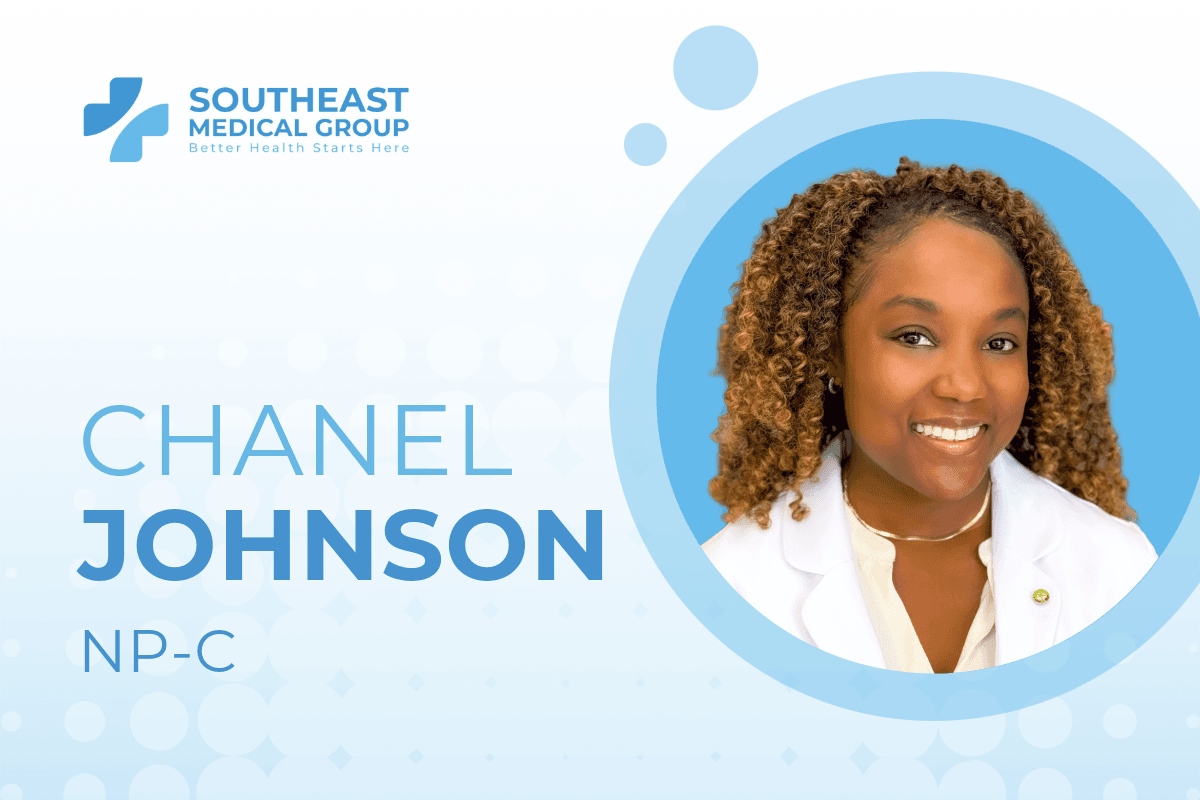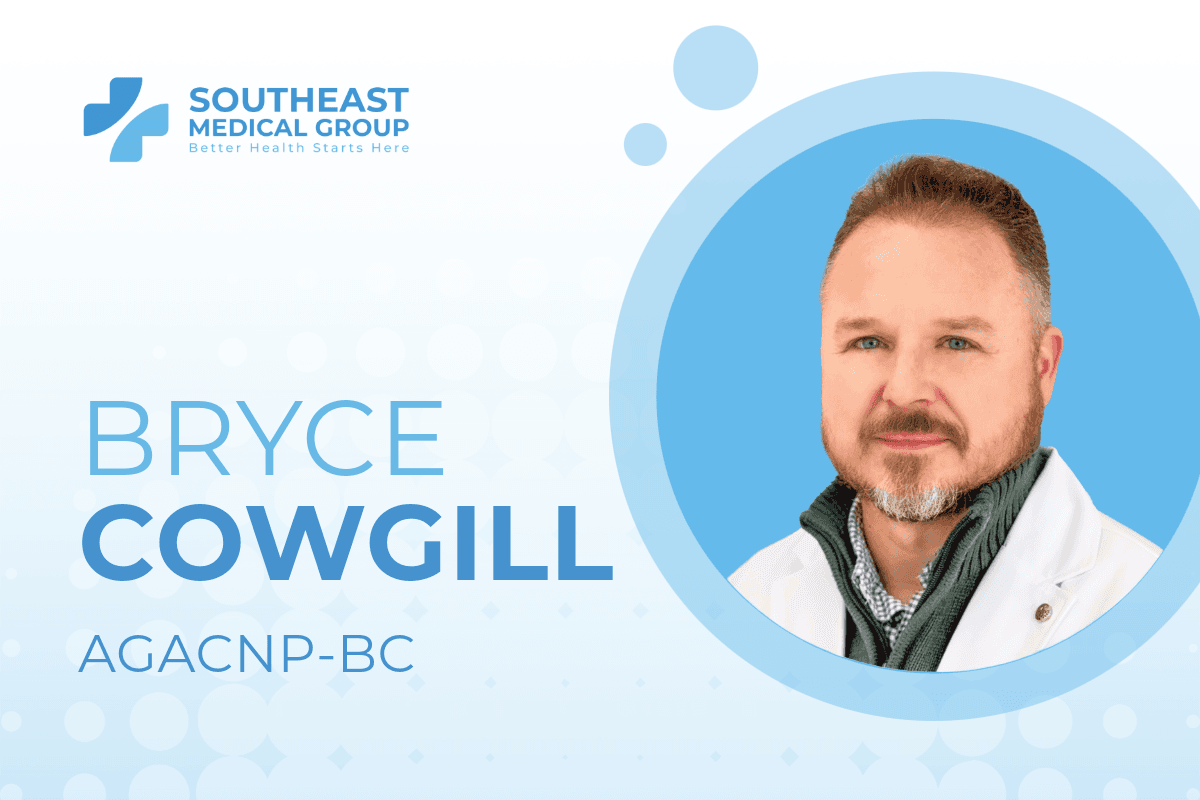We’ve all heard the saying, “You are what you eat”. And when it comes to your health, this old adage holds true. At our primary care practices, we believe that nutrition plays a pivotal role in achieving and maintaining optimal health. In this blog post, we will delve into the power of nutrition and explore how fueling your body with the right foods can enhance your well-being.
Nourishment from Within
Your body requires a balanced diet to function at its best. Focus on incorporating whole, nutrient-dense food into your meals. Include a variety of fruits, vegetables, whole grains, lean proteins, and healthy fats. These provide essential vitamins, minerals, antioxidants, and fiver that support overall health.
Boosting Immunity
A well-nourished body has a stronger immune system. Nutrients like vitamins A, C, and E, zinc, and selenium play key roles in supporting immune function. Incorporate citrus fruits, berries, leafy greens, nuts, seeds, and legumes into your diet to give your immune system a natural boost.
Maintaining Weight and Energy
Proper nutrition is vital for maintaining a healthy weight and optimal energy levels. Focus on consuming the right balance of macronutrients – carbohydrates, proteins, and fats – while considering portion sizes. Choose complex carbohydrates, lean proteins, and heart-healthy fats to sustain energy levels and promote satiety.
Promoting Heart Health
A heart-healthy diet can help lower the risk of heart disease. Incorporate foods rich in omega-3 fatty acids (such as fatty fish, chia seeds, and walnuts), fiber (found in whole grains, fruits, and vegetables), and limit saturated and trans-fat. Remember, a heart-healthy diet goes hand in hand with regular physical activity and maintaining a healthy weight.
Supporting Mental Well-Being
Proper nutrition also plays a role in supporting mental health. Certain nutrients, such as omega-3 fatty acids, B vitamins, and magnesium, have been associated with improved mood and cognitive function. Include foods like fatty fish, leafy greens, nuts, seeds, and whole grains in your diet to nourish both your body and mind.
Customizing Your Diet
Every individual is unique, and their nutritional needs may vary. Consult with your primary care physician or a registered dietician to create a personalized nutrition plan that aligns with your health goals, medical conditions, and dietary preferences. They can provide guidance, support, and help you make sustainable changes for long-term success.
Hydration Matters
Alongside proper nutrition, hydration is essential for overall health. Aim to drink an adequate amount of water throughout the day to maintain proper bodily functions, support digestion, and promote healthy skin.
Remember, small changes in your eating habits can have a big impact on your overall health. Start by making gradual shifts towards a more nutritious diet and embrace the power of food as a fuel for your body. By prioritizing proper nutrition, you can optimize your health and well-being. Consult with your primary care physician for personalized guidance and support on your nutritional journey.



